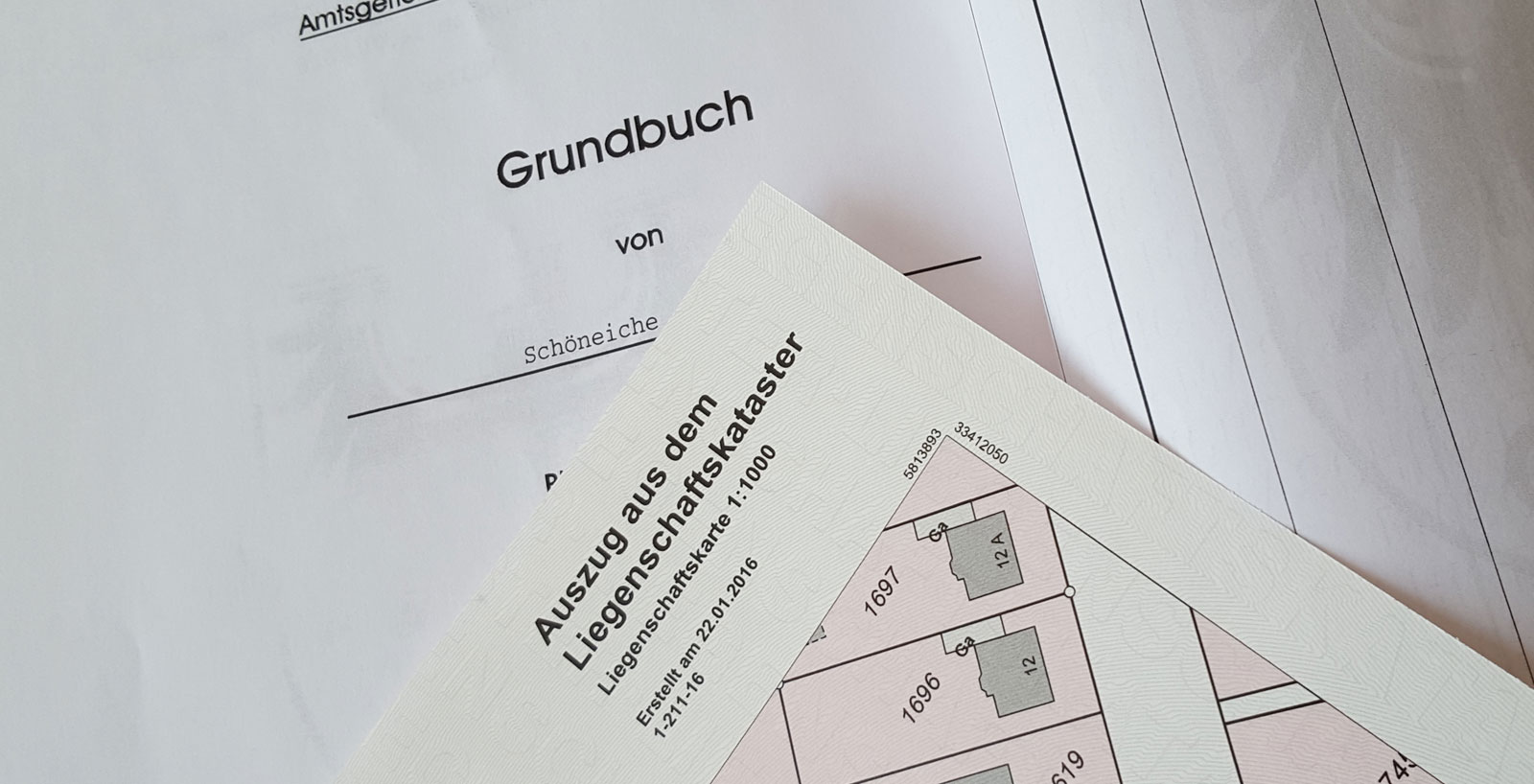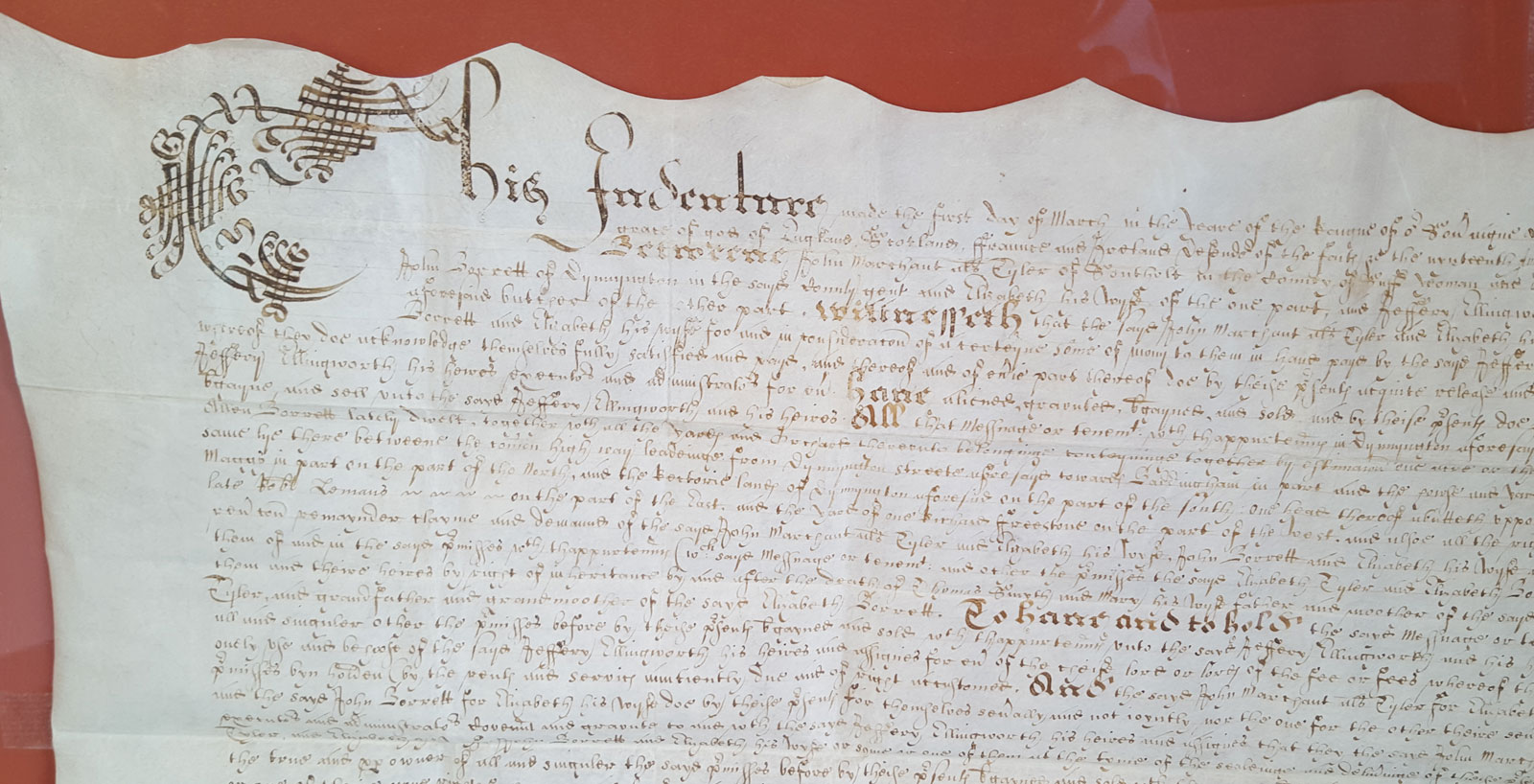Uwe Fischer
Lawyer and Notar
.Uwe Fischer is a German lawyer working in all areas of real estate, admitted to the Berlin bar in 1989 and a Notar since 2001. Growing up in 1970s London has led to a fairly fluent command of the English language and a number of UK, US and Irish clients.


On German
notaries or Notare
The German Notar does not like to be compared to the notary public known to the anglo-saxon legal system. While some traits of the profession may be similar - we identify people and authenticate documents - we follow roman law principles.
German real estate
contracts
Should you start to compare real estate sales contracts drafted under common law and those used in Germany you will find that apart from the description of the property, the parties and the price they have little in common. The legal systems are entirely different.

What can we do for you?
Whether you own a property in Germany and wish to sell it or want to purchase one you will require the services of a lawyer. Either the impartial service of a Notar or your own lawyer to advise you. If you are unsure what to do just send an email or call. fischer@rechtundgrund.de +49-30-31102480
About Us
Uwe J. Fischer is a German lawyer working in all areas of real estate, admitted to the Berlin bar in 1989 and a Notar since 2001. Growing up in 1970s London has led to a fluent command of the English language and a number of UK, US and Irish clients.
Valuing independence above everything else I opened my own law firm in 1993 and with my whole team joined the well-established Berlin firm of Knauthe Rechtsanwälte as a partner in 2010. While I have mostly quit practising as a trial lawyer in favour of working as a notary (in English and German) I frequently advise english-speaking private and commercial clients on all matters of transferring German real estate.

A short introduction
to German real estate contracts
Should you start to compare real estate sales contracts drafted under common law and those used in Germany you will find that apart from the description of the property, the parties and the price they have little in common. the legal systems are entirely different. The premise of German property law is that whoever is stated as owner in the land register ("Grundbuch") is the actual owner and any buyer can trust the verity of the land register.
Thus there is no title search and the previous history of the property is irrelevant. Starting out from that premise the Notar drafts the contract and checks the identity of the parties. The seller then declares that a priority notice ("Auflassungsvormerkung") for the buyer is to be entered in the land register. That priority notice secures the rights of the buyer against third parties such as creditors of the buyer or anybody else seeking to secure claims against the seller in the land register.
Once the priority notice is entered in the land register and whatever permits might be necessary are in the hands of the Notar the purchase price is due (unless - as if often the case with foreign buyers - an escrow account is used). Once the purchase price and land transfer tax ("Grunderwerbsteuer") is paid the Notar asks the land register to change ownership. Once you are entered as owner in the Grundbuch you will receive a printout from that which could be compared to the anglo saxon title deed, except that it doesn´t matter if it is lost as it is only a copy of the Grundbuch and as long as you are the owner you can always get a new copy.
That in short is the basic mechanism of real estate purchase contracts in Germany. In reality it is - of course - much more complicated. The contract usually has between 10 and 30 pages (find an example here) and has to read out in full by the Notar. Whether a translation really makes sense I am not sure but the law is that the contract has to be read to the parties (or their representatives) and there is no way around that. If you give a power of attorney to a third party (eg to a German lawyer) he or she will listen for you. This also saves translation costs. Should you wish to go into detail there is a "Comparative Analysis of Land Conveyancing in 5 European Member States" by Peter L. Murray from 2007 available here (400 pages) or an excerpt from that concerning Germany here (PDF). The analysis is still largely correct, prices have changed though.
On German notaries or Notare
The German Notar does not like to be compared to the notary public known to the anglo-saxon legal system. While some traits of the profession may be similar - we identify people and authenticate documents - we follow roman law principles. The profession is often translated into english as civil law notary. All Notare are qualified to be judges or trial lawyers and have undergone extensive additional legal education, which is one reason why less than 5% of all solicitors and barristers ("Rechtsanwälte") apply to become a Notar.
Approximately 8,000 legal practitioners work as civil law notaries in Germany today. They are state-appointed officials providing independent, impartial and objective advice for important legal transactions. Todays legal foundations go back to the 18th century which has led to different types of notarial offices in different parts of Germany. In Berlin all notaries are also active attorneys and admitted to practise as such. In larger offices such as Knauthe the notaries tend to work almost exclusively as notaries but all have worked as trial lawyers in the past.
You will require a Notar whenever you transfer property, form a company or sign matrimonial agreements under German law. Even by German standards the laws involving notaries and their participation are complicated and might seem bureaucratic or byzantine. We find that each system has its advantages and disadvantages and are happy to help you through whatever difficulties may occur.
We can and do carry out notarizations in English. However, we find that often it is more efficient (and cheaper) to work with the help of a certified translator rather than have deeds drawn up in English only to have them translated for the land registry, commercial register or family courts who will only accept German language documents. Or you might want to forego translations alltogether (they tend to be of limited use) and place yourselves in the hands of an experienced German lawyer. You can find a template for a typical contract regarding the sale of a flat here.
